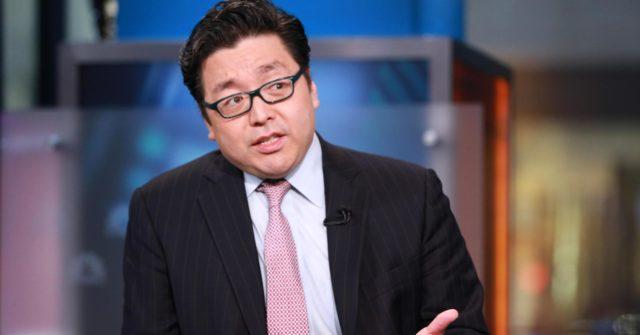In his latest economic assessment of the Chinese economy, Fitch Ratings revised China's outlook to “Negative,” while affirming its sovereign credit rating at “A+”.
Highlights
Outlook revision reflects rising risks to outlook for China's public finances.
China's general government deficit is expected to rise to 7.1% of GDP in 2024.
Fiscal policy is seen as increasingly likely to play an important role in supporting growth in the coming years.
The 2024 deficit will be the highest since the 8.6% of GDP deficit in 2020.
GDP growth is expected to moderate to 4.5% in 2024, from 5.2% in 2023.
A prolonged period of deflation is not expected, with inflation of 0.7% at the end of 2024 and 1.3% at the end of 2025.
In response, the Chinese Ministry of Finance said that “Fitch's systems do not effectively reflect the positive effect of China's fiscal policy.”
The ministry added: “China's ability and resolve to maintain a good sovereign credit outlook remains unchanged.”
Australian Dollar FAQ
What factors determine the price of the Australian dollar?
One of the most important factors for the Australian Dollar (AUD) is the level of interest rates set by the Reserve Bank of Australia (RBA). As Australia is a resource-rich country, another key factor is the price of its largest export, iron ore. The health of the Chinese economy, its largest trading partner, is a factor, as is inflation in Australia, its growth rate and the Balance of Trade. Market sentiment, that is, whether investors bet on riskier assets (risk-on) or seek safe havens (risk-off), is also a factor, with the risk-on being positive for the AUD.
How do decisions by the Reserve Bank of Australia affect the Australian dollar?
The Reserve Bank of Australia (RBA) influences the Australian Dollar (AUD) by setting the level of interest rates that Australian banks can lend to each other. This influences the level of interest rates in the economy as a whole. The RBA's main objective is to maintain a stable inflation rate of 2%-3% by adjusting interest rates up or down. Relatively high interest rates compared to other major central banks support the AUD, and the opposite for relatively low ones. The RBA can also use quantitative easing and tightening to influence credit conditions, with the former being negative for the AUD and the latter being positive for the AUD.
How does the health of the Chinese economy influence the Australian dollar?
China is Australia's largest trading partner, so the health of the Chinese economy greatly influences the value of the Australian Dollar (AUD). When the Chinese economy is doing well, it buys more raw materials, goods and services from Australia, which increases demand for the AUD and drives up its value. The opposite occurs when the Chinese economy does not grow as fast as expected. Therefore, positive or negative surprises in Chinese growth data usually have a direct impact on the Australian Dollar.
How does the price of iron ore influence the Australian Dollar?
Iron ore is Australia's largest export, with $118 billion a year according to 2021 data, with China being its main destination. The iron ore price, therefore, may be a driver of the Australian dollar. Typically, if the price of iron ore rises, the AUD also rises as aggregate demand for the currency increases. The opposite occurs when the price of iron ore falls. Higher iron ore prices also tend to result in a higher likelihood of a positive trade balance for Australia, which is also positive for the AUD.
How does the trade balance influence the Australian dollar?
The trade balance, which is the difference between what a country earns from its exports and what it pays for its imports, is another factor that can influence the value of the Australian dollar. If Australia produces highly sought-after exports, its currency will gain value solely from the excess demand created by foreign buyers wanting to purchase its exports versus what it spends on purchasing imports. Therefore, a positive net trade balance strengthens the AUD, with the opposite effect if the trade balance is negative.
Source: Fx Street
I am Joshua Winder, a senior-level journalist and editor at World Stock Market. I specialize in covering news related to the stock market and economic trends. With more than 8 years of experience in this field, I have become an expert in financial reporting.







